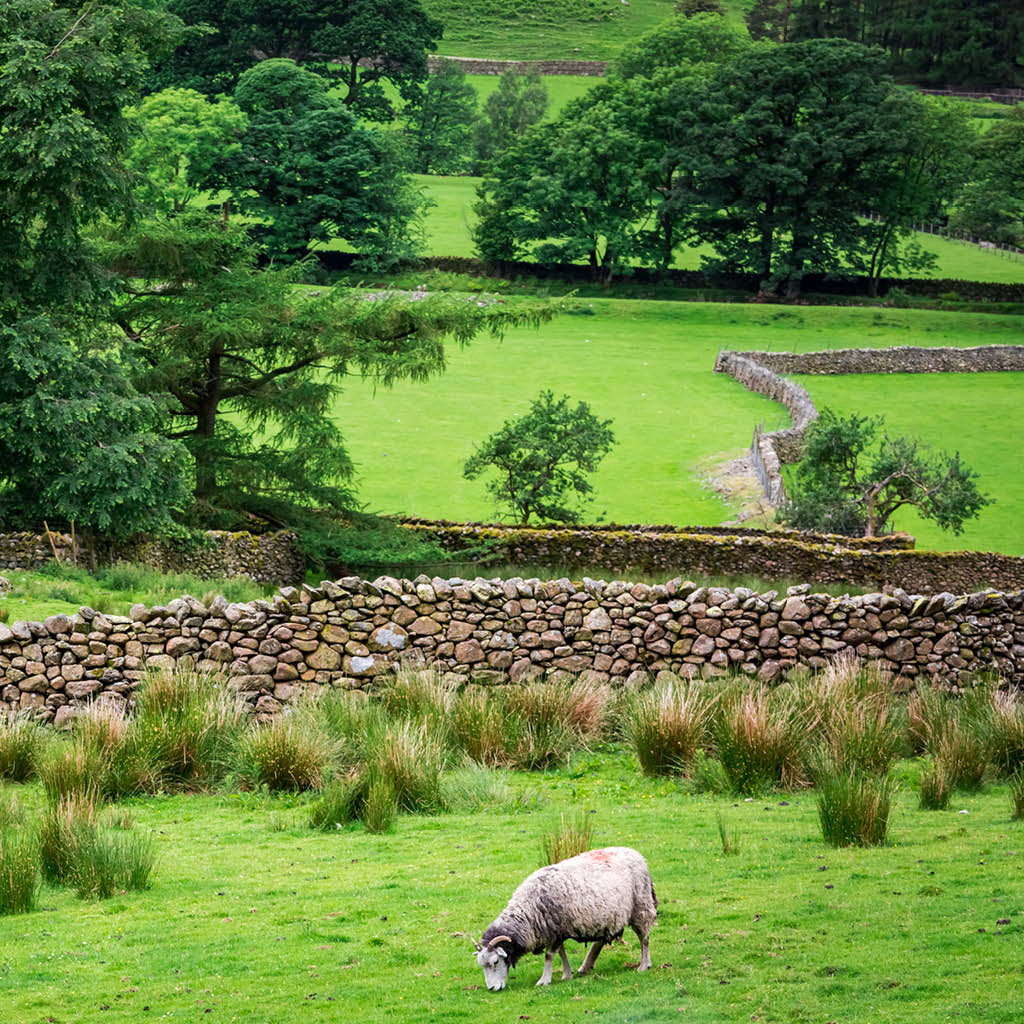What is a covenant?
A covenant is the legal term for a promise, usually not to do something on your land (a negative or restrictive covenant) but occasionally to do something (a positive covenant).
Typical examples would be:
• Not to build on the land
• Not to operate a business on the land
• Not to use the land in a way which causes a nuisance to neighbouring land
• To erect and maintain a stock proof fence along a boundary
• To pay a share of the cost of repair and maintenance of a right of way
How are covenants enforced?
There are two main ways:
- An injunction granted by a court, ordering the covenantee to cease or reverse the breach. An example would be to order someone to cease commercial activity on the land which was contrary to a restrictive covenant limiting use of the land to residential only. Another would be to order someone to knock down something they have built on the land in breach of covenant.
- An award of damages by a court intended to compensate the covenantee for the covenantor’s breach.
If court action is contemplated, legal advice will usually be sought. This is a sensible precaution because there are preliminary considerations such as the Practice Direction on Pre-action Protocols and Conduct and the requirement to attempt mediation before resorting to the courts, both applicable under the Civil Procedure Rules.
Are all covenants enforceable?
Whether you can enforce a covenant depends first and foremost on whether you own land which has the benefit of it. Take the case where, for example, a piece of land was divided into two parcels and a covenant was imposed on the part sold for the benefit of the land retained but the retained land was not adequately identified in the conveyance or transfer. It is often not sufficient to refer simply to “the Vendor’s Retained Land” and the documents should describe or identify it clearly on the plan. If there is doubt about precisely what the retained land consists of the covenant may be unenforceable.
Assuming your land does have the benefit of the covenant, there may still be an argument about whether you have left it too late to object to the breach of covenant. For example, if you (the covenantee) have stood by and watched a neighbour (the covenantor) build on their land in the face of a covenant not to do so, a court is unlikely to step in later and order them to knock it down. But you might still be awarded compensation for the breach.
Will a successful planning application defeat a restrictive covenant?
Say your neighbour gets planning consent to build a house and you have the benefit of a restrictive covenant preventing any building on that land. Generally speaking, their planning consent will not override your covenant. However, it may well be of assistance to them in any application to discharge (cancel) or vary (modify) the covenant because they can say that the fact the planning was granted indicates the proposed use (in this example, specific building on the land) is reasonable.
Can there be a financial solution for a breach of covenant?
A landowner with the benefit of a covenant may be prepared to release (remove) it but will often want to charge a premium for that and will almost certainly expect to have their legal fees paid. So how much is the release of a covenant worth? The usual rule of thumb is that the value of release of that covenant is a percentage of the benefit of the release to the covenantor.
Visualise this scenario: you have the benefit of a no-build covenant on my land and I build a second house in my garden at a cost of £200k including planning, build costs and any professional costs etc. The increase in the market value of my land is £300k so I have made a gain of £100k. You can’t obtain an injunction to force me to knock the new house down (due to delay or for some other reason) but you still have a right to compensation (damages). One way of calculating the compensation is that adopted in the case of Wrotham Park. This involves me paying you a percentage of my gain. There will be arguments for a range from 50% to 100% of that gain - depending on which side you are on!
Sometimes a different basis of compensation might be appropriate, for example where I have devalued your land with my building and you want compensation for that loss rather than a share of my gain. In these scenarios, I would advise instructing both valuation and legal experts.
Can the covenant be cancelled or changed?
An application can be made to the Property Tribunal to try to get the covenant varied or discharged. There are several grounds for an application, one of which is that what you wish to do is “reasonable use” of your land and the covenant prevents it.
The reasonable use ground is generally perceived to be the easiest ground to satisfy and so is the most widely used. But in reality, it can sometimes be very difficult to succeed on this ground if neighbours with the benefit of the covenant object to the application. This is because, as well as showing that the proposed use is reasonable, an applicant has to show that the covenant does not secure any “practical benefits of substantial value or advantage” to those with the benefit of it.
Your prospects will be improved if you have first obtained planning consent because this will usually be treated as a prima facie indication that the proposed use is reasonable.
What action should I take about an actual or intended breach of covenant?
The best course of action if you think someone is about to breach a covenant over their land in favour of your land is to raise your objection clearly on the record (i.e. in correspondence) before your neighbour spends time and money, perhaps mistaking your silence for agreement to what they are doing. Take urgent advice and open a dialogue. If you act before work starts you have a fair chance of preventing it from going ahead at all.
If you are the one contemplating disregard of a covenant over your land, you will wish to evaluate the risk before investing too much. You may wish to explore the possibility of an application to the Property Tribunal to try to get the covenant varied or discharged before you proceed. If planning consent is needed, you will wish to obtain that first so that you can argue that the covenant is preventing your reasonable use of the land.
Whatever your covenant concerns – we can help with prompt, effective advice on the legal and strategic considerations.






